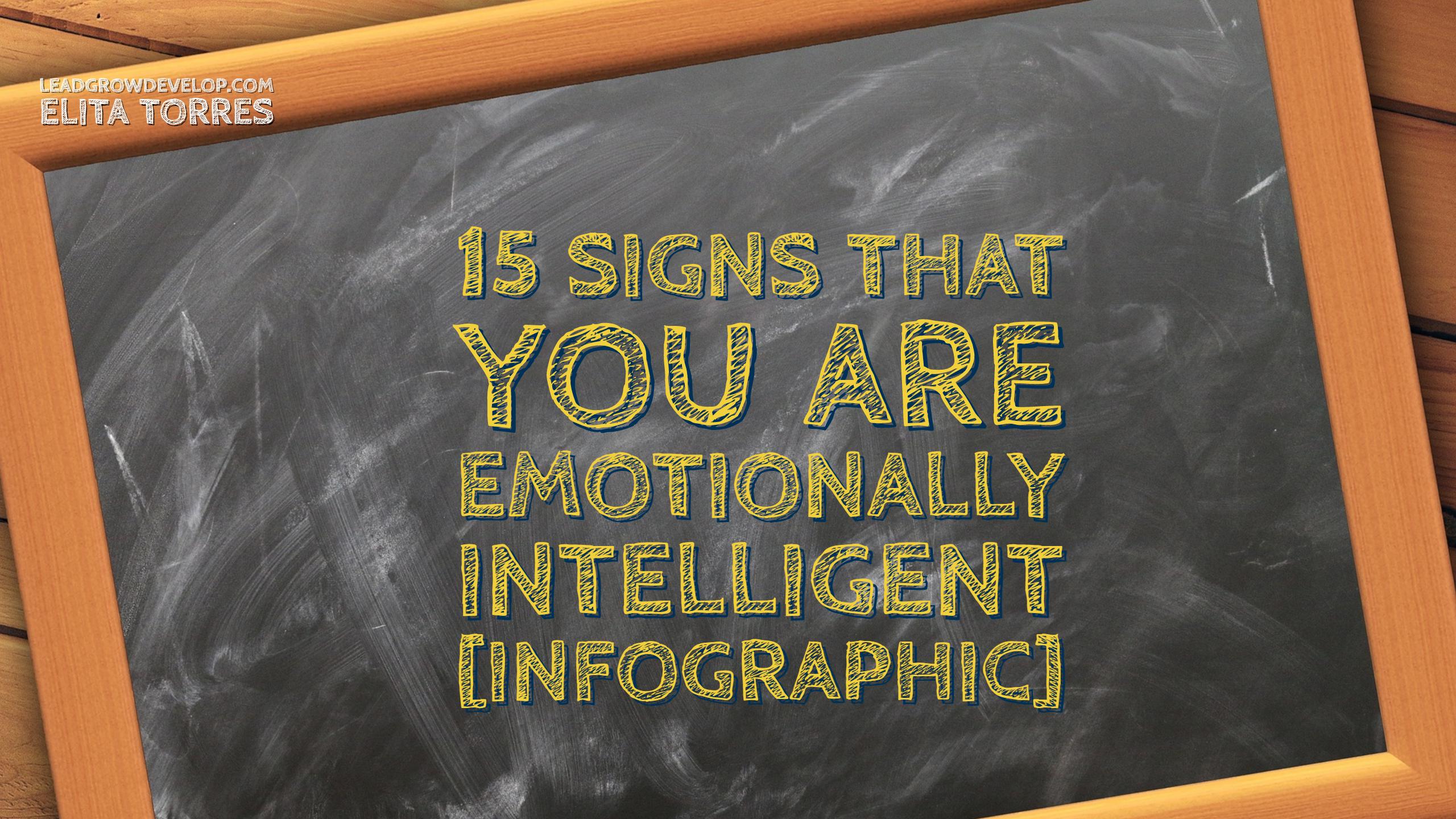There used to be a common debate about what increased the chances of someone’s success. On one side of the debate was the Intelligence Quotient while on the other side, the Emotional Quotient. Since then, there has been more than one study on how important it is to continue to develop your emotional intelligence. At the heart of every business is its people, so anything that impacts the effectiveness of people’s minds is an important topic.
I was having supper with some Regional Sales Directors when one Director asked me for my input. She was having difficulty choosing between two District Sales Managers. We debated back and forth about the competencies of each DSM:
- Who had more experience?
- Who had a more consistent record in results?
- Who was a better Leader in engaging his team?
- Who had developed more people?
And on, and on. The results were 50/50 with one District Sales Manager having more strengths in one area, but another in other areas. Then I asked another question, “When it comes down to it, who has the higher level of emotional intelligence?” When times are tough, who stays consistent in their leadership effectiveness?
Sometimes, it is not about experience. Yes, past success is a good predictor of future success, but emotional intelligence is a better indicator of consistent results.
“Anyone can become angry —that is easy. But to be angry with the right person, to the right degree, at the right time, for the right purpose, and in the right way —this is not easy. – ARISTOTLE, The Nicomachean Ethics”
When was the last time you measured your Emotional Intelligence? What behaviors are an indicator of an emotionally intelligent person? Like any ability, emotional intelligence skills are increased with practice.
According to an article by Justin Bariso, there are certain behaviors or traits that exhibit a strong EQ.
15 Signs Of Emotional Intelligence [Infographic]
- You think about feelings. A lot.
- You say Thank-You
- You Praise Specifically and Sincerley
- You ask others for Persepective
- You Apologize
- You Forgive
- You constantly consider how others will react
- You work on Controlling your Thoughts
- You Analyze and Work on Your Weaknesses
- You know when to Pause
- You have an Expansive Emotional Vocabulary
- You explore the Why
- You are open to Criticism
- You don’t Freeze people
- You Analyze your Weaknesses
Click on the infographic for a better view
Are there any behaviors you need to work on? Which ones are your greatest strengths?
Curious to know more about Emotional Intelligence?

